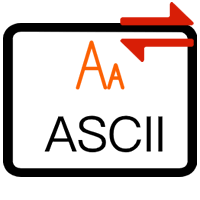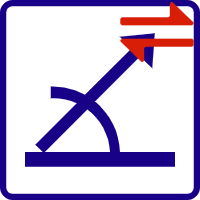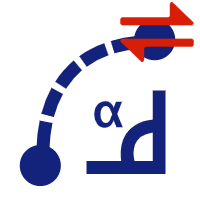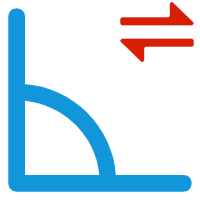
Hours to Days Converter
Convert hours to days instantly with our time converter. Perfect for project planning, work hours calculation, time tracking, scheduling tasks, and deadline management. Get accurate results.
Relationship Between Hours and Days
The conversion between hours and days is based on the fundamental relationship where 1 day equals exactly 24 hours.
1 d = 24 h
Therefore,
1 h = 0.0416667 d (or 1/24 d)
To convert hours to days, we divide the value in hours by 24.
For example, 24 hours equals 1 day, 48 hours equal 2 days, and 12 hours equal 0.5 days.
Hour (h)
What is an Hour (h)?
An hour (symbol: h or hr) is a unit of time equal to 60 minutes or 3,600 seconds. It is one of the most fundamental units in our modern timekeeping system. There are 24 hours in a day, and the hour serves as the primary unit for scheduling, measuring work time, and organizing daily activities worldwide.
History and Origin of the Hour
The division of the day into 24 hours has ancient origins. The ancient Egyptians divided daytime and nighttime into 12 hours each, though these 'hours' varied in length with the seasons. The modern fixed-length hour of 60 minutes was developed through the combination of Egyptian, Babylonian, and Greek timekeeping systems. The equal-hour system became standard with the development of mechanical clocks in medieval Europe.
Modern Applications of Hours
- Work and Labor: Shift lengths, hourly wages, working hours per week
- Travel: Flight durations, driving distances measured in hours
- Scheduling: Daily routines, business hours, operating times
- Education: Class periods, study sessions, credit hours
- Time Zones: World divided into hourly time zones (UTC+/- hours)
- Healthcare: Medication schedules (every 4 hours, every 6 hours)
- Entertainment: Movie runtimes, gaming sessions, event durations
- Billing: Hourly rates for services, parking fees, rental charges
Hour in Modern Society
The hour is central to modern life organization:
24-Hour Day: Standard division of each day
12-Hour Format: AM/PM system (1-12 hours)
24-Hour Format: Military time (0-23 hours)
Global Standard: Universal time measurement
Work Standards: 8-hour workday, 40-hour workweek
The hour provides a practical framework for structuring human activities and coordinating across societies and time zones.
Day (d)
What is a Day (d)?
A day (symbol: d) is a unit of time equal to 24 hours or 86,400 seconds. It represents one complete rotation of the Earth on its axis. The day is one of the oldest and most fundamental units of time measurement, used universally across all cultures and civilizations for organizing life, work, and activities.
History and Origin of the Day
The concept of the day dates back to ancient civilizations that observed the cycle of sunrise and sunset. The division of the day into 24 hours was established by the ancient Egyptians, who divided both daytime and nighttime into 12 hours each. This 24-hour system has remained the global standard for thousands of years, forming the basis of modern timekeeping.
Modern Applications of Days
- Calendar Systems: Organizing dates, scheduling events, planning activities
- Work and Business: Project timelines, deadlines, delivery schedules
- Travel: Trip durations, itinerary planning, time zone calculations
- Health and Fitness: Daily routines, workout schedules, medication cycles
- Legal and Financial: Contract terms, payment due dates, statute of limitations
- Weather Forecasting: Multi-day forecasts, climate tracking
- Education: Academic calendars, assignment due dates, study plans
- Agriculture: Growing seasons, crop cycles, harvest planning
Day in Modern Society
The day is central to human civilization:
Solar Day: One complete Earth rotation (24 hours)
Calendar Day: Midnight to midnight (00:00-23:59)
Working Days: Typically Monday-Friday in most countries
Weekends: Saturday-Sunday rest days
Public Holidays: Special days marked in calendars
The day serves as the fundamental unit for organizing human activities, structuring work-life balance, and coordinating societies worldwide.
Hours to Days Conversion Table
The conversion of hours to days for certain values are provided below:
- Hours [h]
- Days [d]
- 6 h
- 0.25 d
- 12 h
- 0.5 d
- 18 h
- 0.75 d
- 24 h
- 1 d
- 36 h
- 1.5 d
- 48 h
- 2 d
- 72 h
- 3 d
- 96 h
- 4 d
- 120 h
- 5 d
- 144 h
- 6 d
- 168 h
- 7 d
- 192 h
- 8 d
- 240 h
- 10 d
- 336 h
- 14 d
- 360 h
- 15 d
- 480 h
- 20 d
- 720 h
- 30 d
- 1440 h
- 60 d
- 2160 h
- 90 d
- 8760 h
- 365 d













































